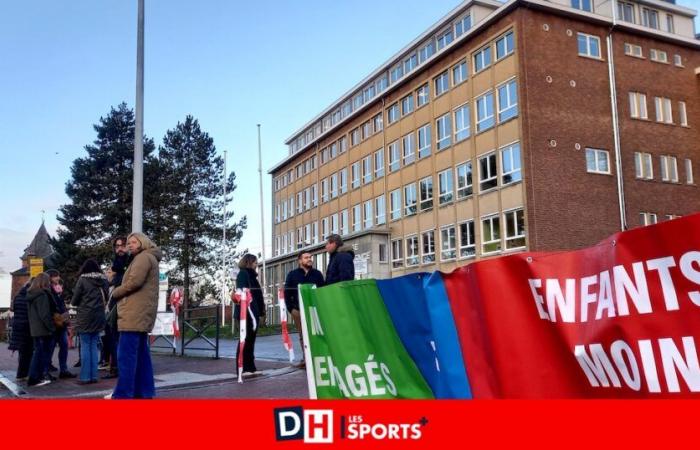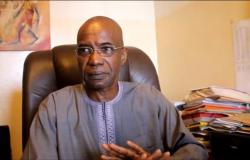
At the end of November, the unions had already organized a first day of strike to denounce the savings decided for qualifying education (technical and professional).
But this first action not having caused the majority to back down, the unions decided to double down by calling on their affiliates to observe not one, but two days of strike, i.e. January 27 and 28. It’s been ages since teachers in Wallonia and Brussels sat back for more than 24 hours in a row
These two days of strike will also be accompanied by a large demonstration in the streets of Brussels on the 27th late in the morning. The day of the 28th will be marked by various decentralized actions, according to the unions’ plans.
But these two days of strike will in reality only be the culmination of a range of awareness-raising actions which will begin shortly after the start of the school year.
Anger in the education sector, big disruptions coming in January: “We had to hold back the troops now it’s over”
Initially, the union focus will be on the savings decided in qualifying education: 15.6 million euros over the last four months of 2025 (but more than 46 million euros in reality in the year full, according to the socialist opposition).
On January 15, a first action was announced. “It will aim to make visible the job losses that these savings will cause in qualifying,” commented Roland Lahaye, the general secretary of CSC-Enseignement, at the end of December. According to the unions, some 500 jobs are on the line, which the government disputes, however.
The week of January 20, other awareness-raising actions are also planned but on a completely different theme, namely the MR-Engagés government’s project to put an end to the appointment of teachers in favor of the granting of indefinite-term contracts. for teachers in the future.
Six months after the June elections, the teaching unions seem permanently engaged in a new standoff with the political world. The previous legislature had already been quite agitated, marked in particular by several mass demonstrations by teachers angered by the various reforms of the Pact of Excellence, the large number of students in classes, or even the new evaluation procedure imposed on students. teachers.





